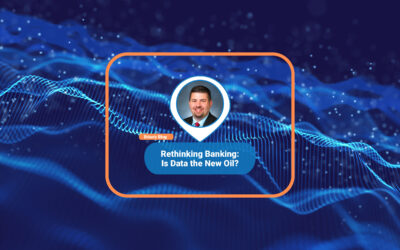The Financial Accounting Standards Board (FASB) has decided against making any alterations to the way companies handle held-to-maturity securities.
This has been an ongoing debate, punctuated by financial crises from the early 90s savings-and-loan debacle to the 2008 financial meltdown and most recently, the collapse of Silicon Valley Bank.
Under current guidelines, the way companies report debt securities can vary dramatically based on their stated plans for those securities. For banks and financial institutions that classify bonds as held-to-maturity securities, they can omit unrealized losses from equity as long as they don’t sell.
Switching gears can be costly. If banks opt to sell any HTM securities, they are forced to reclassify all their HTM securities as available for sale. This could lead to significant loss on the securities they didn’t sell.
On Wednesday, FASB declared it won’t be considering any changes to these rules. They won’t be requiring banks to disclose the fair value of their HTM securities on the balance sheet, which many banks already practice.
This decision has significant implications. It means that the status quo remains, but it also means that the potential risks and challenges associated with HTM securities continue to loom.
As Bank CFOs, it’s essential to stay on top of these developments and adjust strategies accordingly. Remember, the key to successful finance management lies in staying informed and being adaptable.
Take a moment to reflect: How will this decision impact your bank’s financial strategy? Let’s keep the conversation going in the comments.
💡 Let’s stop just collecting data. Let’s start making it work for us. Let’s transform banking, together. 💡
🔔 Follow Brian on Linkedin: Brian Pillmore




